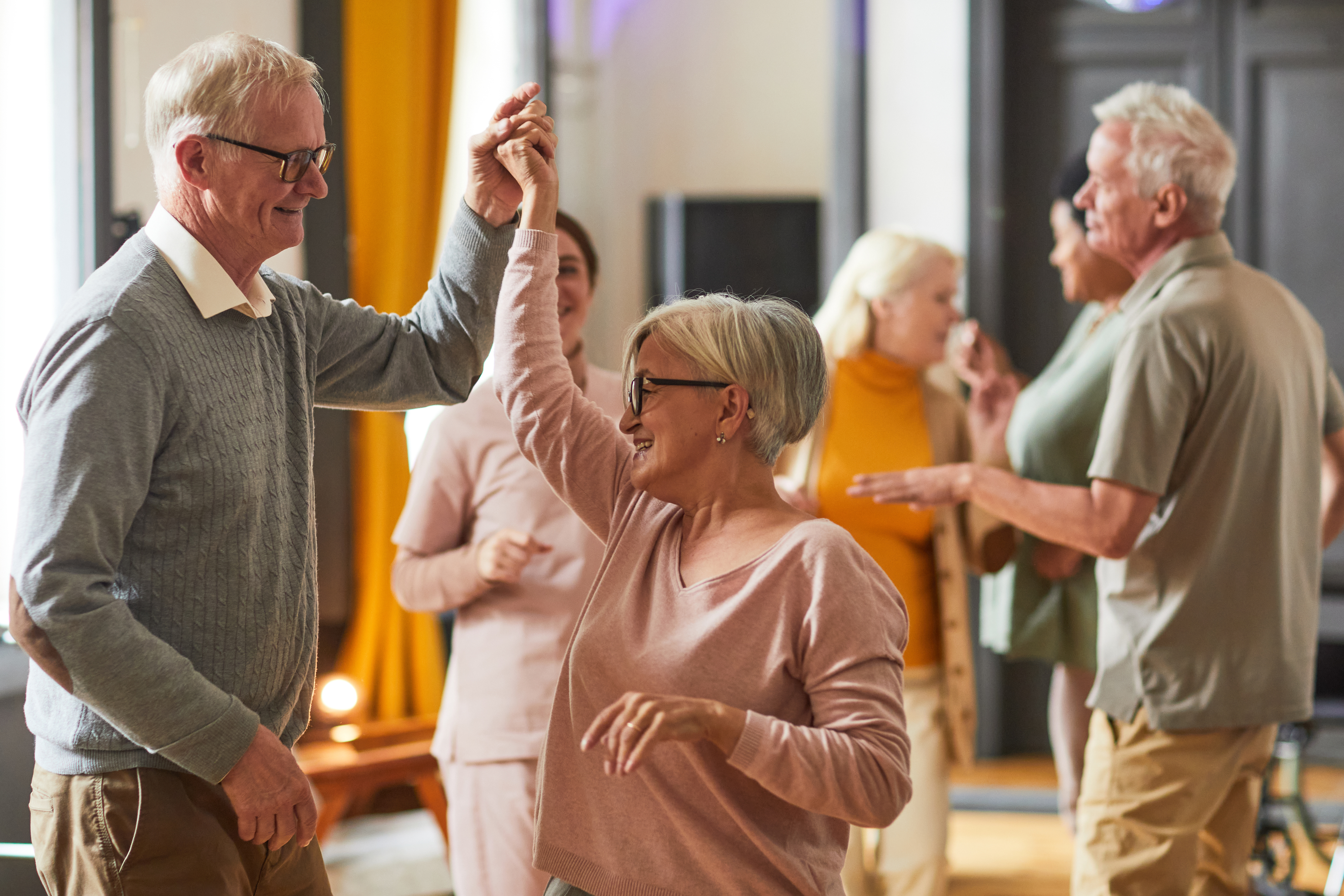Brain Health as Aging Adults
Written by: Alice D. Hoag, Ed.D.

The notion that brains continue to develop through age 25 has been popularized in social media and popular news outlets. While it seems that the Prefrontal Cortex does continue to mature until that time, the entire brain continues to accommodate and grow throughout our lives. Yes, until the day we die, our brain is making new neuronal connections and disposing of unused, damaged, and worn-out ones. Our brains are amazing! And, it’s also true that most areas of healthy brains begin showing signs of cognitive decline as early as their 20s and 30s (Salthouse, 2008).
I’m currently studying at UGA to obtain a Certificate in Gerontology, which is the study of aging. In my counseling practice, I find I am working more and more with individuals in their later developmental years (I call them developmental because we never really stop developing; we never stay the same, but are constantly changing and adapting) and I want to make sure I’m up to speed on the latest scientific research and data. I’ve been learning how the aging brain works partly based on our genetics, but also partly reflecting a lifetime of lifestyle decisions, some helpful, some not so helpful.
Cognitive health throughout one’s life is vital for living a “life well lived.” Scientists are discovering how much of our brain’s health is related to the habits we live with for decades before our brain starts showing signs of distress. I’m going to highlight some of the more helpful activities that researchers (Liviu, et al, 2022) have discovered impact brain health in a positive way.
- Mental training: learning and playing a variety of games such as Sudoku, Mahjong, card games, and crossword puzzles make new neuronal pathways and strengthen existing ones.
- Education: participating in ongoing education throughout your life (not just when you were a young adult) makes new neuronal branches and connections; some examples are learning to play a musical instrument, learning a new language, or picking up a new hobby.
- Meditation and contemplative prayer on a regular basis helps strengthen areas of your brain responsible for memory, learning, attention, and self-awareness.
- Social interactions: isolation is one of the worst things a person’s brain can endure, while socializing can stimulate attention and memory, and help strengthen neural networks especially in the medial prefrontal cortex by supporting behavioral flexibility, response inhibition (not being impulsive), attention, and emotion regulation.
- Sleep: yes, sleep is vital and essential for a healthy brain. Researchers recommend 7-9 hours for adults as being optimal. Sleep involves three distinct stages, each of which has a vital role in improving memory recall, regulating your metabolism, and reducing mental fatigue among many other benefits.
- Balanced diet: eating healthy foods nourishes the brain and protects it from oxidative stress and removes toxins and waste from the brain. Eating a food plan that is loaded with vegetables, fruits, whole grains, and healthy fats, and is low in sugar, white flours, and unhealthy fats provides optimal fuel for your brain.
- Caloric restriction: 20%-40% long-term reduction (without malnutrition) helps create new neuron pathways, helps regenerate existing neurons, and reduces inflammation in the brain which is a major cause of dementia.
- Other lifestyle changes: avoiding smoking, controlling one’s weight, and limiting alcohol intake each help with overall brain health and functioning, from the blood vessels to inflammation to neuronal activity.
- Physical exercise: averaging 30 minutes/day of moderate physical activity can help you think, learn, problem-solve, and enjoy emotional balance more, plus it helps improve memory and reduces anxiety and depression. Older subjects who exercised regularly showed improved executive processes and increased brain volume and function (Davenport, et al., 2012).
These are all things every single person can intentionally add into their daily lives. If you’re “too busy” to incorporate these practices, then you’re too busy and stress is likely taking a toll on your brain. Certainly, it takes time to add these habits regularly, but having a vital and healthy brain isn’t something that just happens; it takes intentional work to keep our brains healthy and functioning well throughout our lives.
Let me add a little “P.S.” here for some of you. There are numerous physical concerns common among individuals over 50, like high blood pressure and sleep apnea in particular. There are highly effective treatments for these conditions, but I find many people hesitant to take their medication as prescribed, or they find it too uncomfortable to wear their CPAP. While a traumatic brain injury (like a concussion or a stroke) can seriously affect one area of the brain, research is showing that conditions like high blood pressure and sleep apnea, among others, create problems in the brain’s entire blood vessel system which can impact every single area of the brain. These conditions are a leading cause of early dementia and mild cognitive impairment! So, please take your medication and/or wear your CPAP as prescribed.
As a counselor, my role is to come alongside individuals with mental and emotional distress. As we age, this distress is often related to untended physical issues, chronic stress, or long-standing misuse of our bodies. Physical diseases and disorders impact our mind, our moods, our relationships, and almost every aspect of our lives. To live a life well-lived, it’s vital we become good stewards of our body as well as our mind and spirit. I would be honored to walk this journey of mental and emotional health with you.
References
Davenport, M. H., Hogan, D. B., Eskes, Gail A., Longman, R. S., and Poulin, M. J. 2012. Cerebrovascular reserve: The link between fitness and cognitive function? Exercise and Sport Sciences Reviews, 0091-6331/4003/153-158.
Liviu, A., Zullo, J., Yankner, B. A. 2022. The adaptive aging brain. Current Opinion in Neurobiology, 72:91-100. Doi: https://doi.org/10.1016/j.conb.2021.09.009.
Salthouse, T. A. 2009. When does age-related cognitive decline begin? Neurobiology of Aging, 30:507-514. Doi: https://doi.org/10.1016/j.neurobiolaging.2008.09.023.
